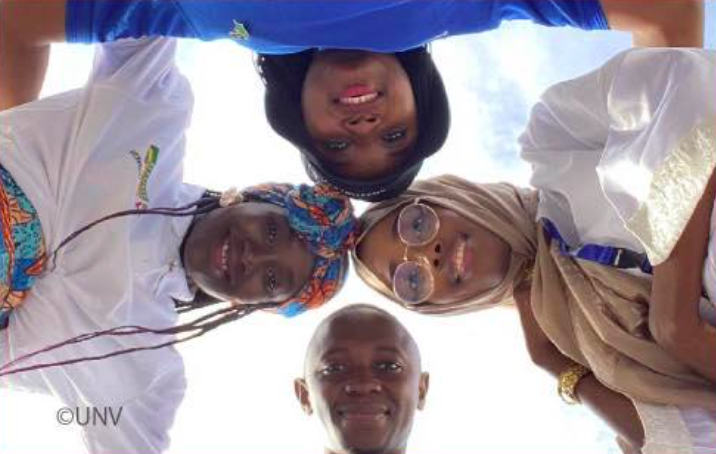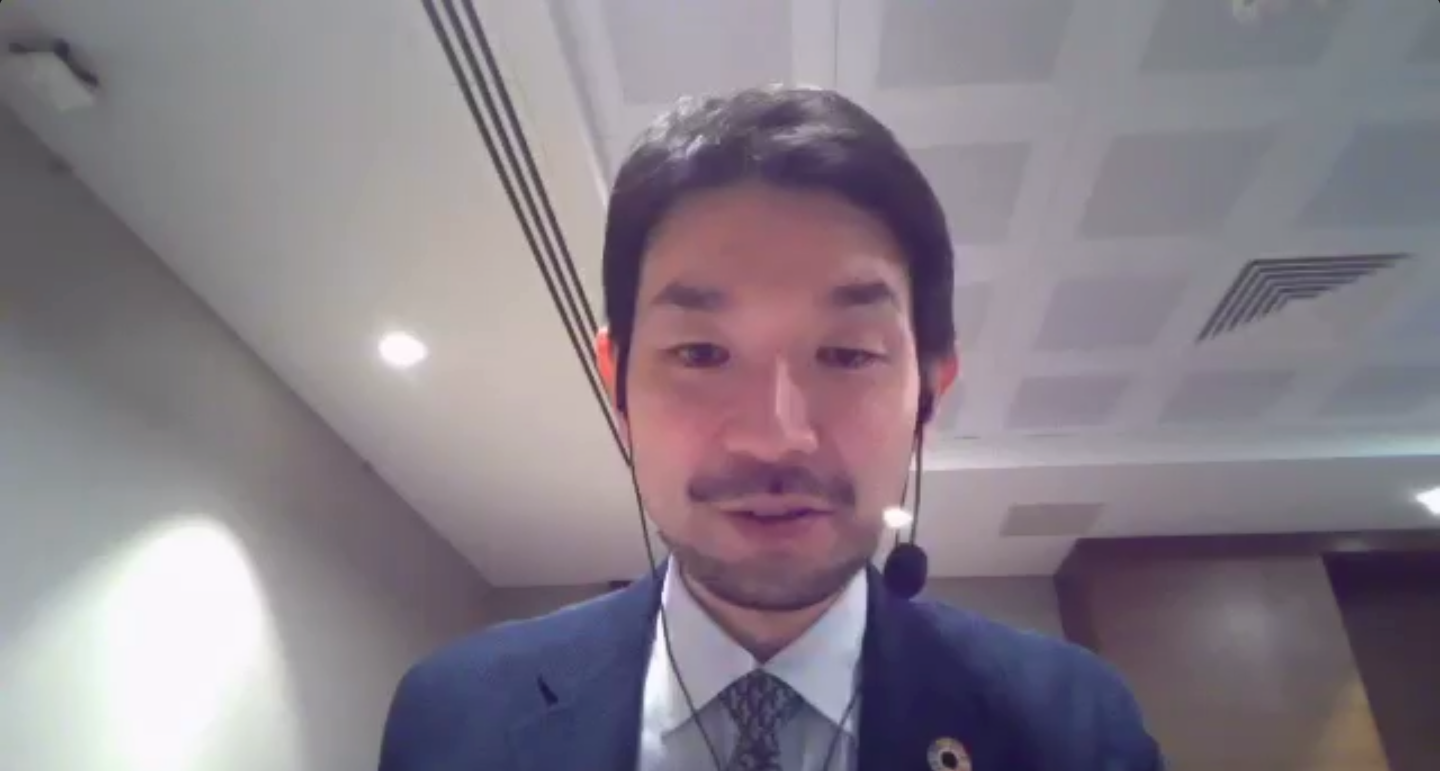
- ARAB NEWS
- 02 Jul 2025

Carla Chahrour
DUBAI: The eighth Tokyo International Conference on African Development (TICAD-8) with a view to “accelerate Japanese investment in Africa,” is hosting a series of conferences that will focus on three pillars: economy; society; and peace and stability, according to the official presentation.
UNDP Africa hosted a webinar on Thursday titled “Trust and peace building: Refocusing on pathways to enhance resilience in an insecure world,” in collaboration with the Japan International Cooperation Agency (JICA).
The session was organized to discuss the importance of adopting mechanisms that build the necessary capacities to manage conflict and promote peace in conflict-affected regions and fragile or violence-affected settings through examining the ways in which they could strengthen resilience within societies.
The aim of JICA is to realize peaceful and inclusive societies by contributing to the construction of resilient states and societies that have the ability to prevent outbreaks and recurrences of violent conflicts.
 Senior Director of Office for Peacebuilding Murotani Ryutaro at JICA (Screenshot)
Senior Director of Office for Peacebuilding Murotani Ryutaro at JICA (Screenshot)During the virtual event, JICA Senior Director of Office for Peacebuilding Murotani Ryutaro gave an introductory lecture where he outlined the approach and operational framework taken by JICA in their engagement within conflict-affected areas in Africa by focusing on the ways in which resilient states and societies can be built.
The aim of JICA is to realize peaceful and inclusive societies by contributing to the construction of resilient states and societies that have the ability to prevent outbreaks and recurrences of violent conflicts.
“JICA and UNDP are here to support the local leaders, actos and communities to build their own systems that are resilient to a variety of shocks,” Murotani said.
“I would like to introduce what JICA is trying to do in terms of trust building, peace building and creating sustainable peace. Given that we are facing multiple compounded crises of COVID-19, climate change, violent extremism, and the conflict in Ukraine and the impact it has had on the global economy. We are here to support building resilient state and societies that can prevent violent conflicts,” Murotani added.
The approach explained was that of “Human Security” which principally focuses on respecting human dignity, trust building, comprehensive multi-sectoral approach that spans a variety of sectors that can help support the livelihood of the African people, prevention-oriented, capacity development and institution building and empowerment of individuals and communities.
“Through this mechanism of the government and communities working together, we hope we can create a society that can deal with a variety of external shocks and prevent conflicts and violent extremism,”Murotani said.
He then emphasized on the two different types of trust building, vertical trust and horizontal trust. Vertical trust refers to trust between the government and the population, whereas horizontal trust refers to trust between local communities.
“To build vertical trust, we need to create a functional, accountable and inclusive government that can deliver services to the population so the people can trust the response from the government as a trustworthy public institution,” Murotani said.
“The other element is horizontal trust, which is the trust between local communities, where there are people with different backgrounds, ethnicities, age group or gender. Horizontal trust strengthens social capital and social cohesion, which is another important base for building trust within the society,” Murotani said.
“Through these two trust building types, vertical and horizontal, we wish to create a society where government and people are working and helping each other and that trust each other,” Murotani added.
Acknowledging that there are a myriad of challenges that need to be overcome in order for this process to operate effectively, Murotani delineated the obstacles and reasons that there may be an eroded sense of trust in the government. The reasons include non-transparent redistribution of public resources, unfair delivery of services, corruption and nepotism, and the attitude of government officers.
“In each of the countries that we are engaged with, we are trying to help the government and the people create their own mechanisms where government and local communities can communicate with each other to potentially enhance the livelihood of the people, Murotani said.
In working to overcome the obstacles which impede the development and enhancement of the societies in question, Murotani touched upon JICA’s engagement within Cote d’Ivoire, Sierra Leone and Nigeria to showcase the methods being implemented to aid in the progress of achieving the ultimate objective of creating a peaceful and resilient society.
For example, in Cote d’Ivoire, JICA is working on a project that supports the central and northern part of the country through the introduction of evidence-based planning which could improve vertical trust between the government and the local community.
In Sierra Leone, JICA is working with the government to create local consensus guidelines that serve as an inclusive, open mechanism for making decisions on public service deliveries.
In Nigeria, JICA is working in the northeast regions and will be working with the North-East Development Commission (NEDC) to create mechanisms that could help the government provide effective services to the local population. JICA also aims to contribute to supporting the empowerment of the local communities.
The common denominator of the work undertaken by JICA within all three countries is the improvement of vertical and horizontal trust through the creation of mechanisms that involve both governments and communities so that they can work together to create resilient societies that can overcome unexpected or unpredictable events.
The session included panelists like Ahunna Eziakonwa, Assistant Administrator and Regional Director for Africa at UNDP, Leonie Abela, Peacebuilding Practitioner, Dr. Vasu Gounden, Founder and Executive Director of ACCORD, M’balu A. Kamara, Ag. Deputy Director, Rural Development, Ministry of Planning and Economic Development, Government of Sierra Leone, Yapi Urbain, Director of Direction of Local Development at the Government of Cote d’Ivoire and Mohammed G. Alkali, Managing Director and CEO of North-East Development Commission (NEDC).
The panelists discussed the ways in which peace building and resilience can be achieved through emphasizing on the obstacles present in their respective contexts, the factors influencing conflict and the high-level of mistrust present in the majority of their countries. They also suggested ways in which such communities can be achieved, such as inter/Intra community dialogue, social contracts and peace committees.